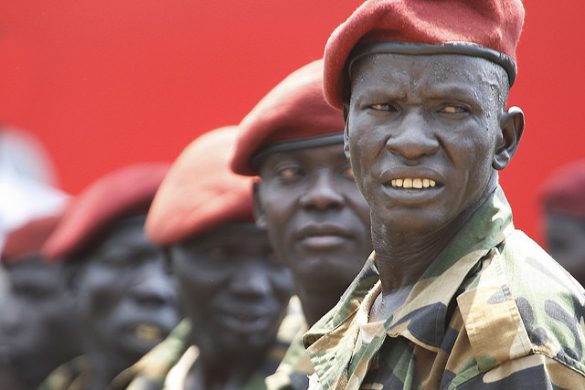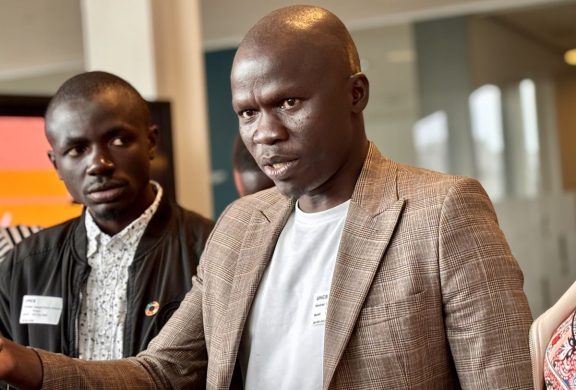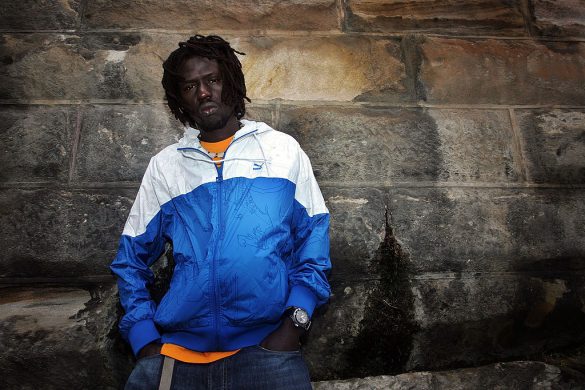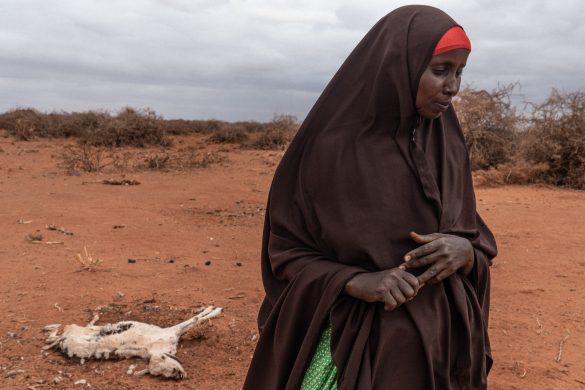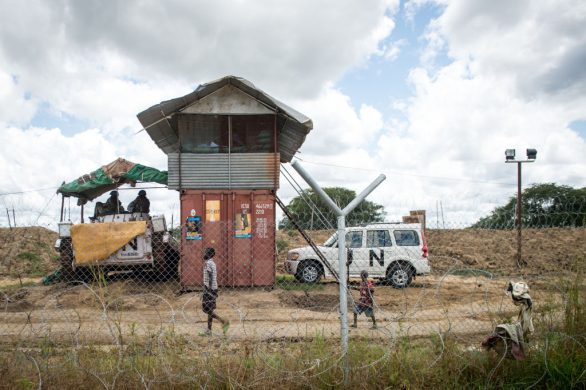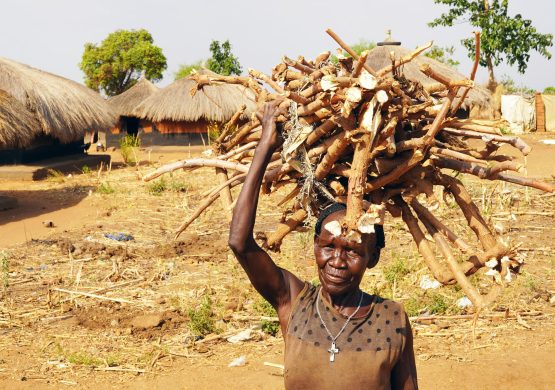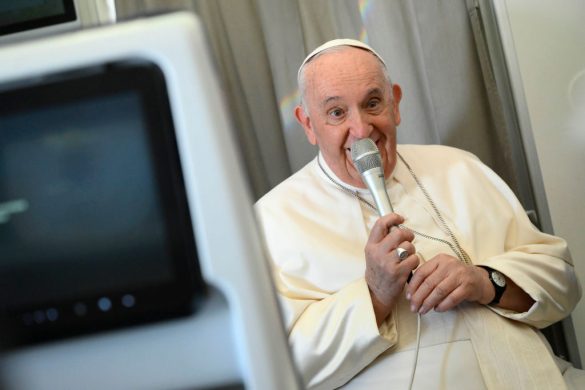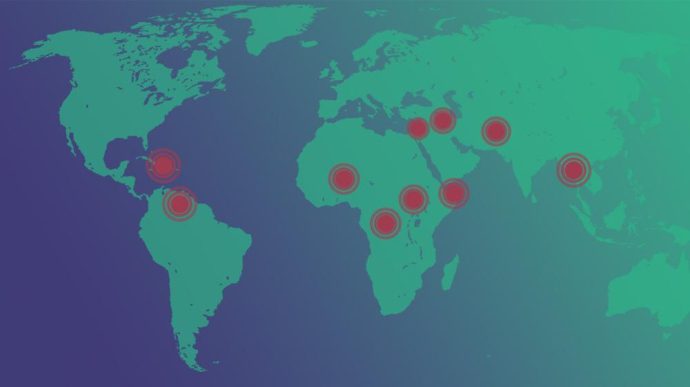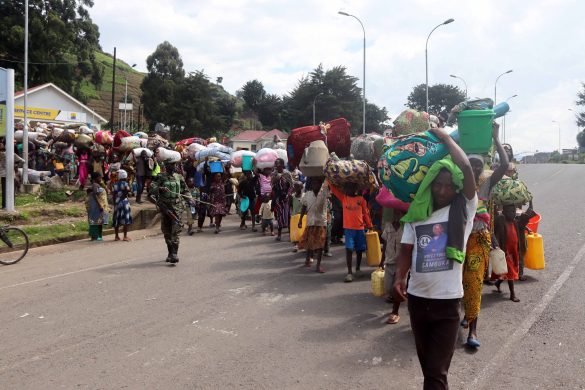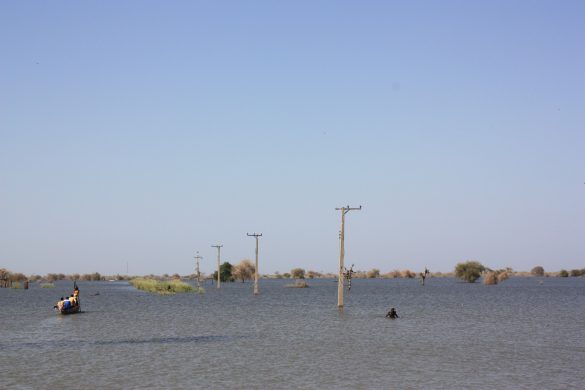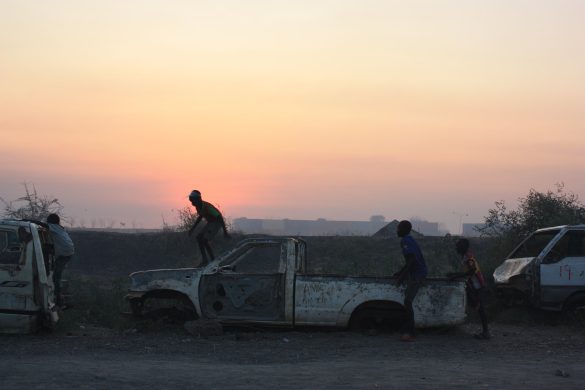Strengthening the UN Mission
The country, which only gained independence in 2009 after breaking away from Sudan, its northern neighbour, was thrown into turmoil when conflict erupted between President Salva Kiir and his former Vice-President Riek Machar two years ago, killing thousands, displacing over 2.4 million people, 650,000 of whom fled abroad, and impacting the food security of 4.6 million.
Mr. Edwards reported that a recent UN mission to Yambio, 300 kilometres west of Juba, the capital, found nearly 200 houses burnt down and several hundred others looted.
Fleeing from violence and food insecurity
As well as the violence, refugees cite food insecurity due to failed crops as a reason for their flight.
Last month, UNHCR reported that fighting in Western Equatoria, which until then had been spared much of the violence that has hit other parts of the country, had displaced over 4,000 people into a remote region of north-eastern Democratic Republic of the Congo (DRC).
As of 6 January, registered new arrivals, most in the Dungu area, had risen to 6,181, some 4,164 of them South Sudan nationals and 2,017 Congolese, who had been living as refugees in South Sudan.
The influx there has continued into 2016 but at a much reduced rate, with the Government refugee agency recording 268 in the past week.
The implications for humanitarian access to an estimated 7,400 refugees living in Western Equatoria are very worrying, Mr. Edwards said.
UNHCR is in contact with Government authorities regarding the security of those refugees and has agreed on additional UNMISS force protection through increased patrols as well as support to relocate refugees to safer areas.

